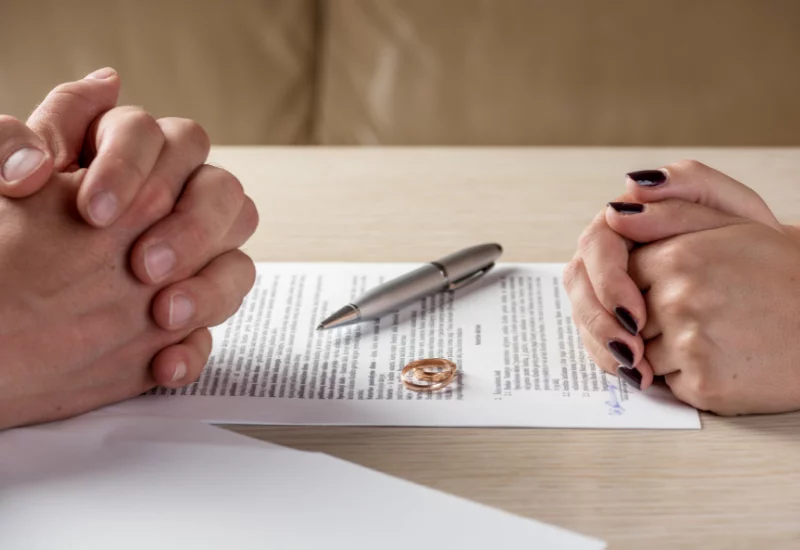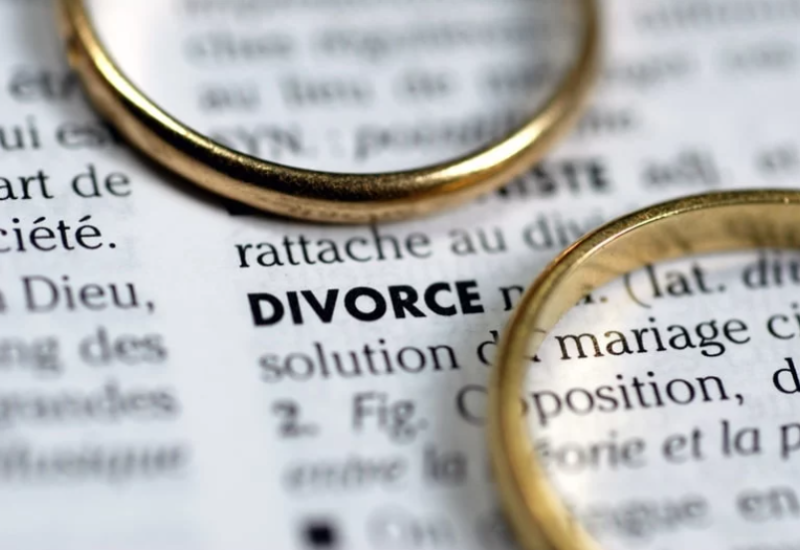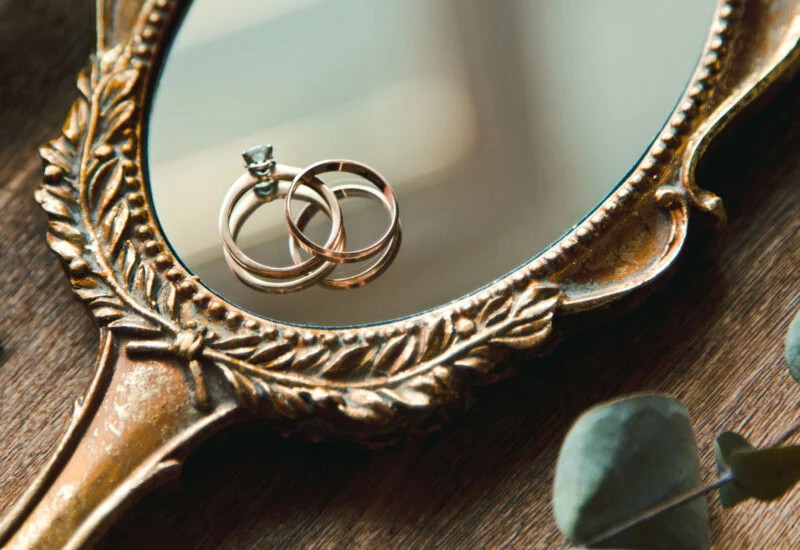The Split Barcelona – a realistic portrayal of pre-nup negotiations?

BBC drama The Split returned to our screens over the Christmas period with a storyline centring around the marriage of Nathan and Hannah’s daughter, Liv. With a stunning destination wedding in Barcelona on the cards, and a considerable level of inherited wealth to take into consideration, the characters are seen negotiating the terms of a pre-nuptial agreement right up until the day of the wedding, with Liv making it clear that she was not interested in signing up to the agreement. Whilst it made for entertaining watching, it is certainly not reflective of good practice.
For a pre-nuptial agreement to be upheld on a divorce in England and Wales, it should be entered into freely by each party. The agreement is only likely to be upheld if it can be demonstrated that the parties fully appreciated the implications of the agreement when they entered into it (this includes having an understanding of the overall financial landscape and taking independent legal advice on the terms) and where the court agrees that it would be fair in the circumstances prevailing to uphold the agreement.
To be considered a ‘qualifying nuptial agreement’, and to give the agreement the best chance of being upheld, the agreement should be entered into in good time ahead of the wedding (being agreed and signed at least 28 days prior to the big day). If that proves unrealistic, parties to the agreement would be well advised to execute a further copy of the agreement after the wedding itself (a post-nuptial agreement), reinforcing the validity of the agreement. Pre-nuptial and post-nuptial agreements have equal legal status and should not be treated any differently by the courts on a subsequent separation.
With the characters in the dramatised scenario spanning at least two jurisdictions (England and Spain), it is also important that the legal implications are considered in each relevant country and localised, specialist advice sought. Whilst pre-nuptial agreements are growing in popularity in England, they are far more commonplace across much of Europe where their legal status has been long established.
The drama also features an historic pre-nuptial agreement signed by Liv’s prospective in-laws on the night of their engagement, the relevance of which becomes central as the drama unfolds. Whilst the written agreement, put together and signed on a paper napkin, would go some way to informing a court of the parties’ intentions and discussions at the point at which they got engaged almost three decades earlier – with consideration to the above factors – it is unlikely to be upheld if it were litigated in England. The document may have been signed in the presence of a (newly qualified) solicitor and friend, but it is unlikely substantive advice was provided nor any financial disclosed exchanged. Further, it was clear that the parties had not taken any steps to review the terms of their agreement over the duration of the marriage, notwithstanding the birth of their son, Liv’s fiancé Gael, and the passage of almost thirty years.
Nevertheless, it is clear that the intention across both generations of pre-nuptial agreement is to protect inherited wealth. Whilst inheritance is generally considered ‘non-matrimonial’ in nature (irrespective of whether a pre-nup has been entered into), the family court in England and Wales has a discretionary jurisdiction, and far-reaching powers to re-allocate familial wealth on divorce where ‘needs’ dictate and/or where the assets have been mingled with matrimonial assets. Entering into a properly negotiated pre-nuptial agreement that adequately provides for both parties’ needs on a separation, is the best way to protect family wealth from a divorce.
For further information about pre-nuptial agreements, the requirements and how our team can assist you, please take a look at our article here: What is a pre-nup? – Trethowans

Disclaimer
This information is intended for general informational purposes only and does not constitute legal advice. We recommend seeking professional advice before taking any action on the information provided. If you would like to discuss your specific circumstances, please feel free to contact us on 0800 2800 421.















